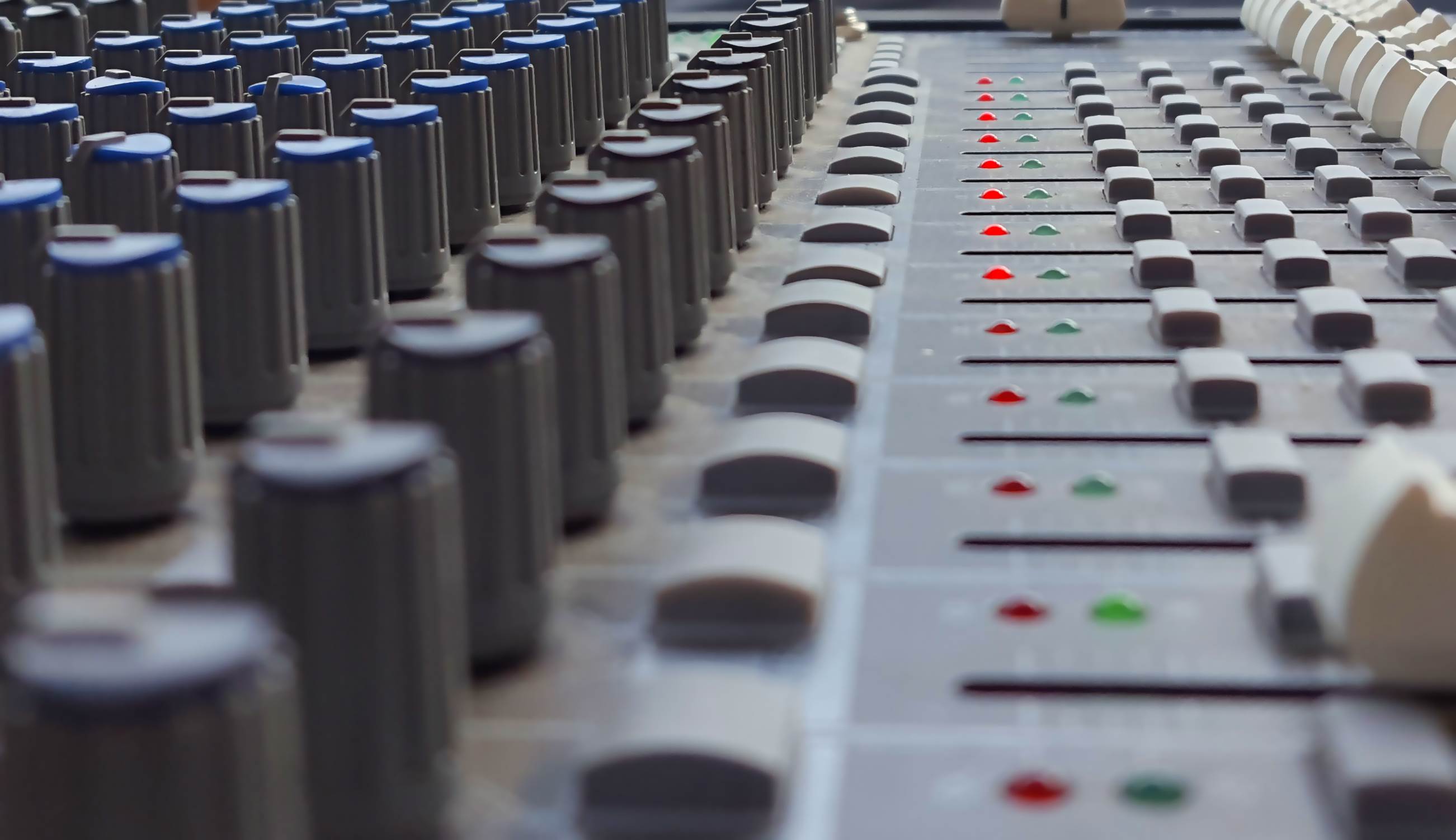Wow, those filters are wide…
Please Remember:
The opinions expressed are mine only. These opinions do not necessarily reflect anybody else’s opinions. I do not own, operate, manage, or represent any band, venue, or company that I talk about, unless explicitly noted.

 Want to use this image for something else? Great! Click it for the link to a high-res or resolution-independent version.
Want to use this image for something else? Great! Click it for the link to a high-res or resolution-independent version.Just yesterday, I was back on an analog mixer. I had ended up stepping in at an event, just for fun, and a Mackie VLZ 1604 was the tool provided.
…and guess what? As I’ve talked about before, the console sounded just fine. I don’t know if a VLZ’s preamps sound “like breaking glass,” because I take care to run them in their linear range (where a preamp ought to be run in 99% of cases). A 58 – or close cousin – run through a flat channel and into a SRM-series monitor or EON 615 sounds exactly as you’d expect: Listenable, with a touch of mud and/ or midrange bark.
It’s also true that you have to be noticeably more fader-happy when you don’t have all your favorite dynamics toys available. More than once during the day I found myself wishing for the ability to squeeze a channel a bit. That’s just part of the deal.
What really got me was the design decision to use a hilariously wide Q for the sweepable mid. The filter was so un-selective that the attendant gain setting was almost usable as an extra fader. You could make a channel unintelligible, or suck out its entire ability to express itself in the absolutely critical midrange, but actual tonal fixes were basically impossible. It’s hard for me to understand how such a design made it out the door; Didn’t anybody listen to it and try to use it for something before shipping a whole pile of units?
I try not to overuse EQ, but I’m still very reliant on it. My philosophy is “use as much as you need, in as crazy a fashion as you need, and then stop.” The problem here was that I was locked into choices much crazier than I needed, so I had to stop before getting the end result I hoped for. It’s not like it was a huge tragedy, or that anybody (including myself) was really unhappy with how the day turned out, but I’m more convinced than ever that a good, basic, and flexible toolbox for audio management is crucial for next-level results. (Knowing how to use what’s in that toolbox is a whole other discussion…)
Anyway, there’s a post-weekend rant for everybody to enjoy. 😀